Saint Irenaeus Will be a Doctor of the Church
Approved Today by Pope Francis
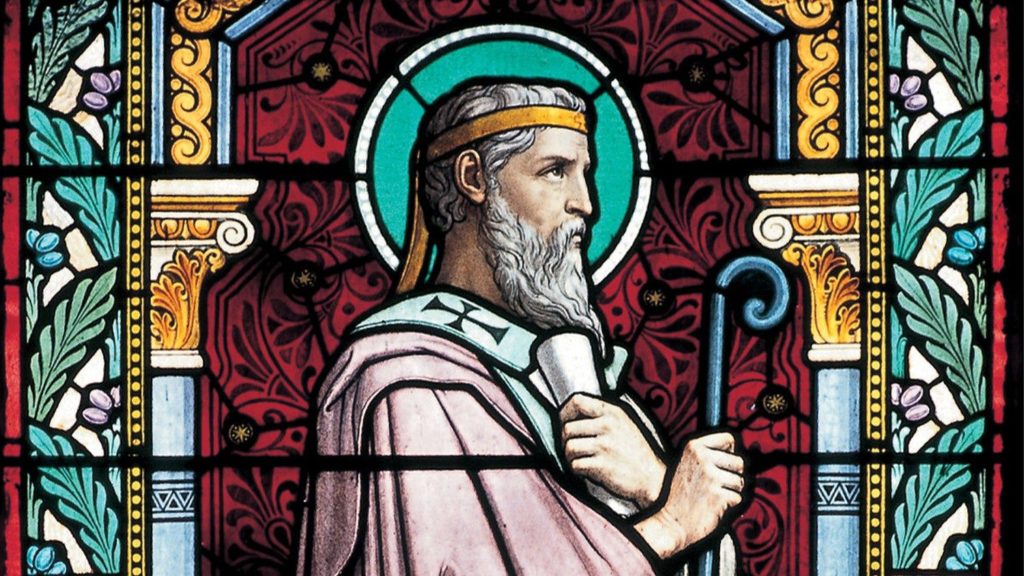
Saint Irenaeus will be a Doctor of the Church.
That was the leading news after Pope Francis on Thursday received in audience Cardinal Marcello Semeraro, Prefect of the Vatican Congregation for the Causes of Saints, and authorized him, in accordance with the opinion of the Plenary Session of the Cardinals and Bishops who are members of the same Dicastery, to confer the title of Doctor of the Universal Church on Saint Irenaeus.
On that occasion, he described Saint Irenaeus, (who, though born in Smyrna, in what is now Turkey, served as Bishop of Lyons between 130 and 140 AD) as “a great spiritual and theological bridge between Eastern and Western Christians.”
Irenaeus was a Greek bishop noted for his role in guiding and expanding Christian communities in the southern regions of present-day France and, more widely, for the development of Christian theology by combating heresy and defining orthodoxy. Originating from Smyrna, he had seen and heard the preaching of Polycarp, who in turn was said to have heard John the Evangelist, and thus was the last known living connection with the Apostles.
Heroic Virtues
During the same Audience on Thursday, the Pope authorized the Congregation to promulgate Decrees concerning:
– the heroic virtues of the Servant of God Francesco Saverio Toppi, Archbishop Prelate of Pompei, and member of the Order of Friars Minor Capuchin. He was born in 1925 in Brusciano (Italy) and died in 2007 in Nola (Italy);
– the heroic virtues of the Servant of God Maria Teresa DeVincenti, founder of the Congregation of the Little Workers of the Sacred Hearts; born in 1872 in Acri (Italy) and died there in 1936;
– the heroic virtues of the Servant of God Gabriella Borgarino, of the Society of the Daughters of Charity, born in 1880 in Boves (Italy) and died in 1949 in Luserna (Italy).
The recognition of heroic virtues on the part of the Church represents the first step toward canonization. The person who has practiced heroic virtue is declared “Venerable,” and is called a Servant of God.
Related
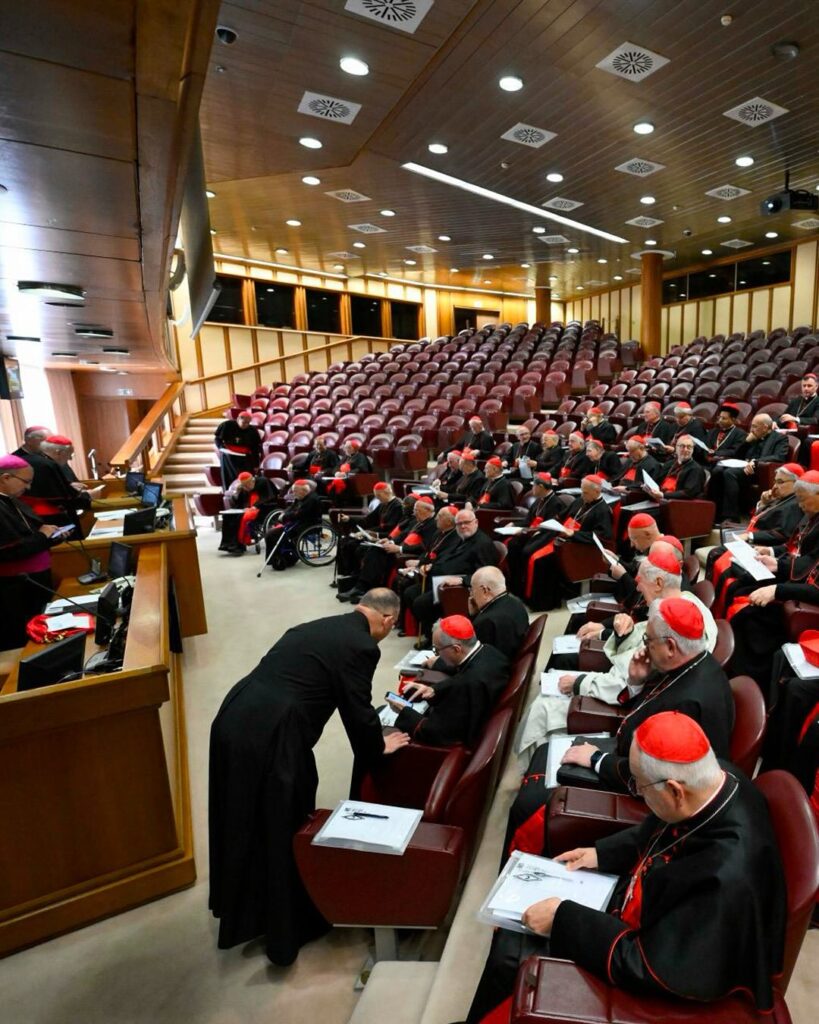
The first General Congregation of Cardinals was held in the Vatican
Exaudi Staff
23 April, 2025
2 min
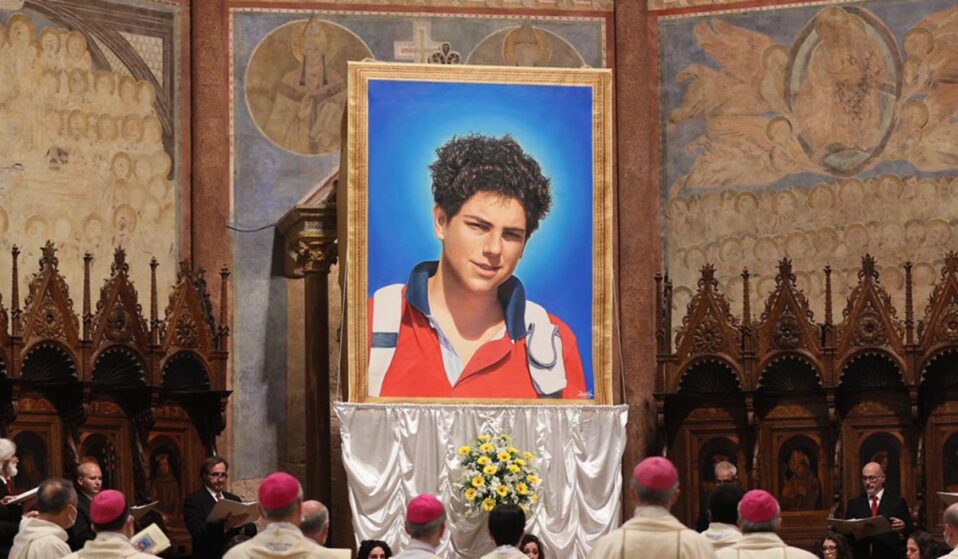
Holy See: Canonization of Carlo Acutis Postponed
Exaudi Staff
21 April, 2025
2 min
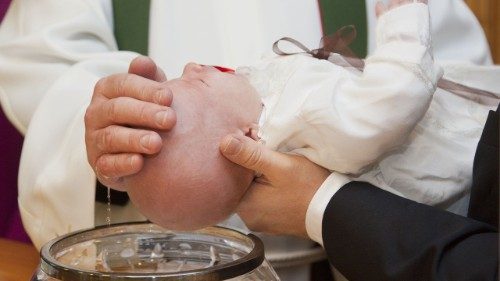
Baptism: An Indelible Mark on the Soul
Exaudi Staff
19 April, 2025
1 min
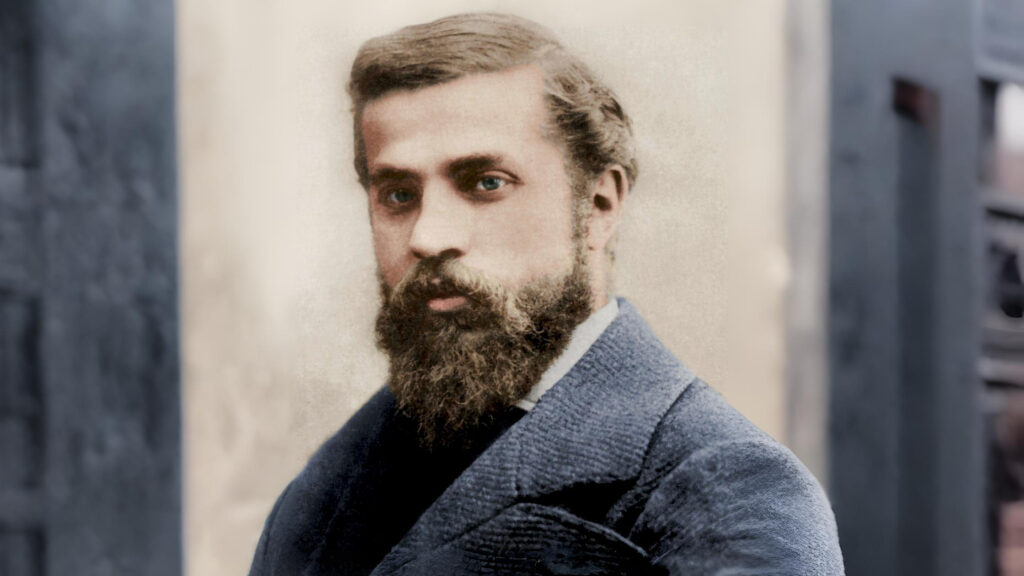
Antoni Gaudí Takes Another Step Toward the Altar: Declared Venerable by the Church
Exaudi Staff
14 April, 2025
2 min
 (EN)
(EN)
 (ES)
(ES)
 (IT)
(IT)

